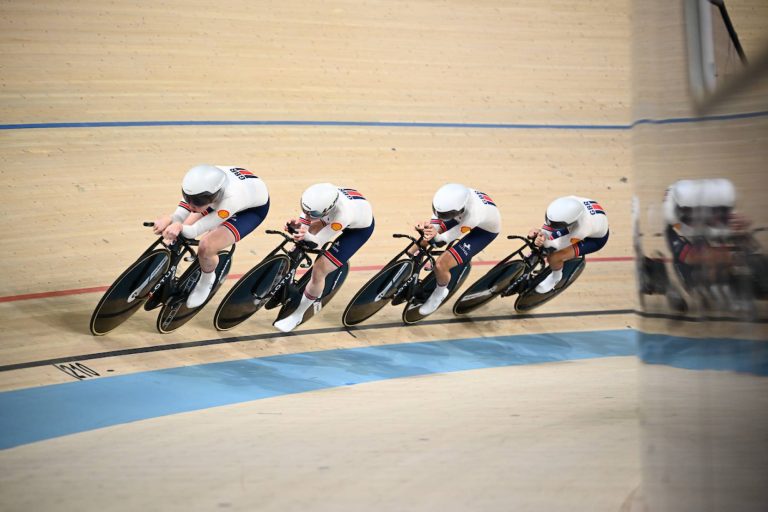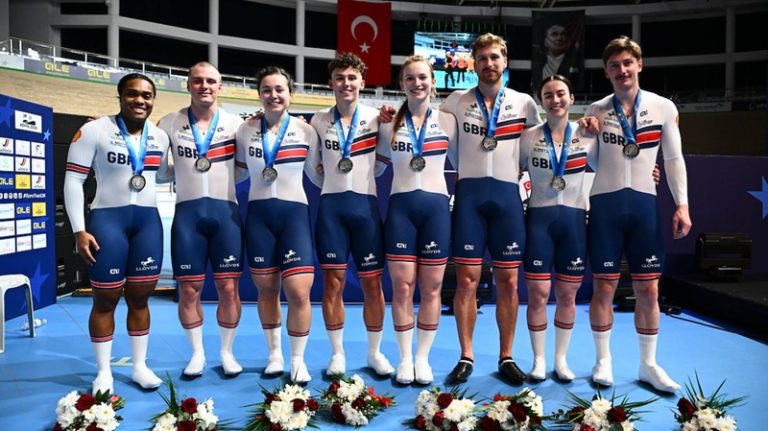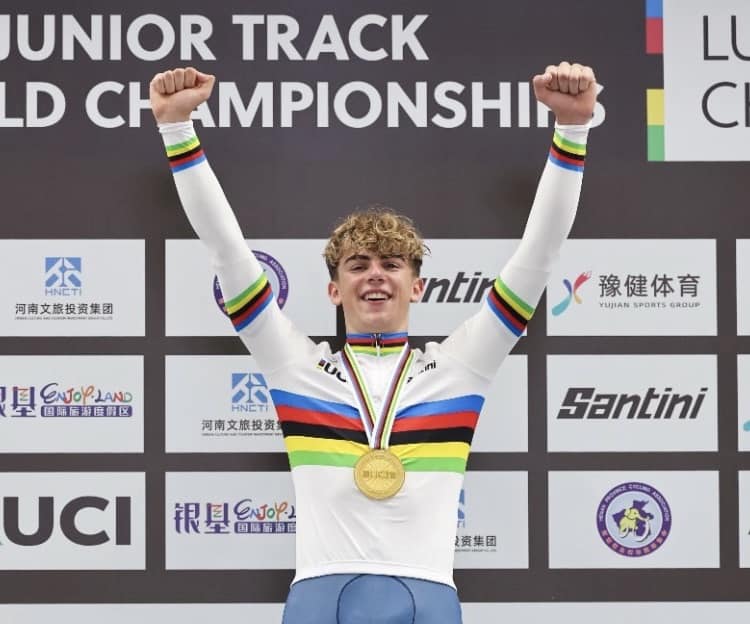From August 18 to 24, the 2024 Tour de l’Avenir showcased the next big names of the peloton. This race has previously seen the likes of Tadej Pogačar and Egan Bernal rise to prominence. While he wasn’t the strongest or the most anticipated rider, it was British cyclist Joseph Peter Blackmore who emerged victorious, thanks to his remarkable race intelligence.

An Early and All-Round Rider
Born on February 23, 2003, in Sidcup, a southwest suburb of London, Joe Blackmore is not just a road cyclist but also a skilled mountain biker and cyclocross competitor, where he has achieved notable results. In 2022, he finished fifth in the Commonwealth Games Cross-country MTB event. The following year, he became the runner-up in the mixed relay at the World Cross-Country Championships. In early 2024, following Rick Zabel’s retirement to join Israel Premier Tech, Blackmore won the Liège-Bastogne-Liège Espoirs and finished just off the podium at the Flèche Brabançonne. However, it was at the Tour de l’Avenir where he truly revealed himself, showcasing his many talents that make him one of the most complete riders in the peloton. From the very first stage, a 7.1 km time trial, he took second place, just seven seconds behind Canada’s Michael Leonard, displaying his skills as a time-trialist. Stages 2 and 3 saw breakaways succeed, but the 21-year-old rider clinched the win in the fourth stage, the first mountain stage, out-sprinting Jarno Widar and Pablo Torres Arias. This victory gave him the chance to demonstrate his diverse skill set, which the best cyclists must possess, and earned him the yellow jersey.

A Final Stage Full of Experience
The final stage of the race, which featured an 18.2 km climb with an average gradient of 9% up the Colle Delle Finestre, saw Pablo Torres Arias triumph, though he didn’t win the overall classification. While the Spaniard from UAE Emirates ascended the climb 4 minutes faster than the previous record held by none other than Christopher Froome, Blackmore climbed more steadily but with surety. Starting with a 3:55-minute lead over his Spanish rival at the start of the stage, the Israel Premier Tech rider had a comfortable margin, which he used strategically, like a seasoned pro. Quickly, he let Torres pull ahead, choosing to climb at a slower pace that allowed him to manage his effort as he wished: “I tried to follow Torres, then I realised I didn’t need to go that fast.” Although not the best climber of this edition, thanks to his exceptional race intelligence, skills honed through the different cycling disciplines he’s mastered, and his masterful effort management, the Londoner became the new winner of the Tour de l’Avenir. He will now aim to follow in the footsteps of previous winners, many of whom are now among the best cyclists in the world.



